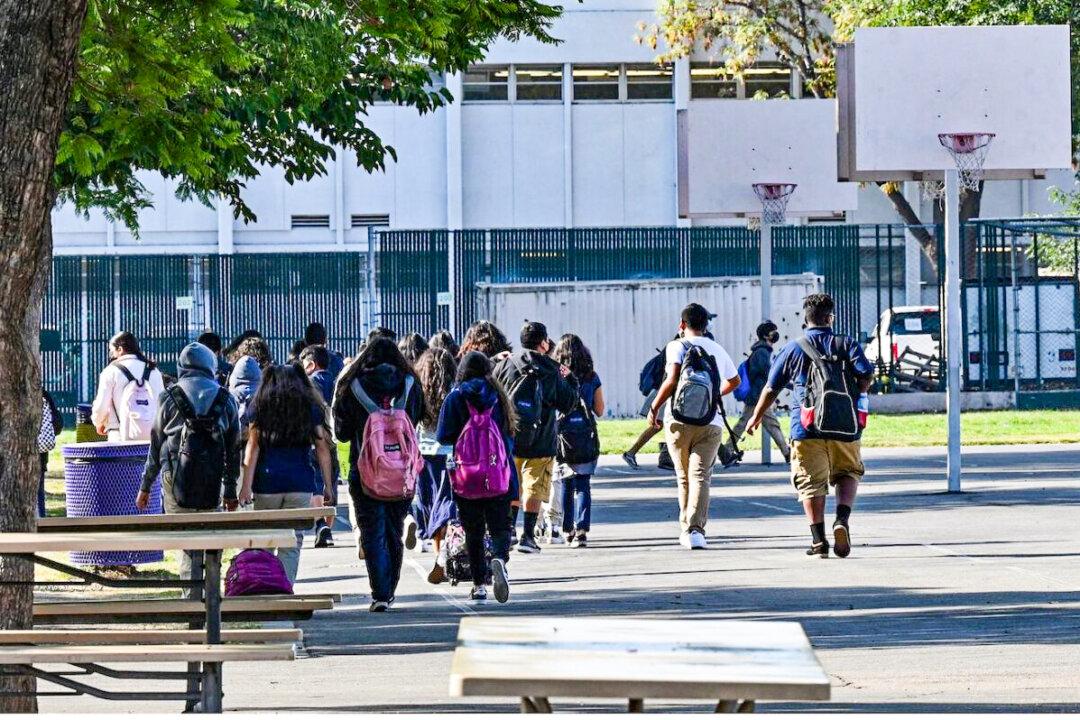An education expert has suggested that universities that do not have high-quality teaching degrees should face sanctions.
Adam Voight, founder and CEO of Real Schools, an innovative mentoring and coaching program designed for school leaders, said there needs to be a fundamental shift at the university level on how students learn and how they are taught rather than the curriculum.




